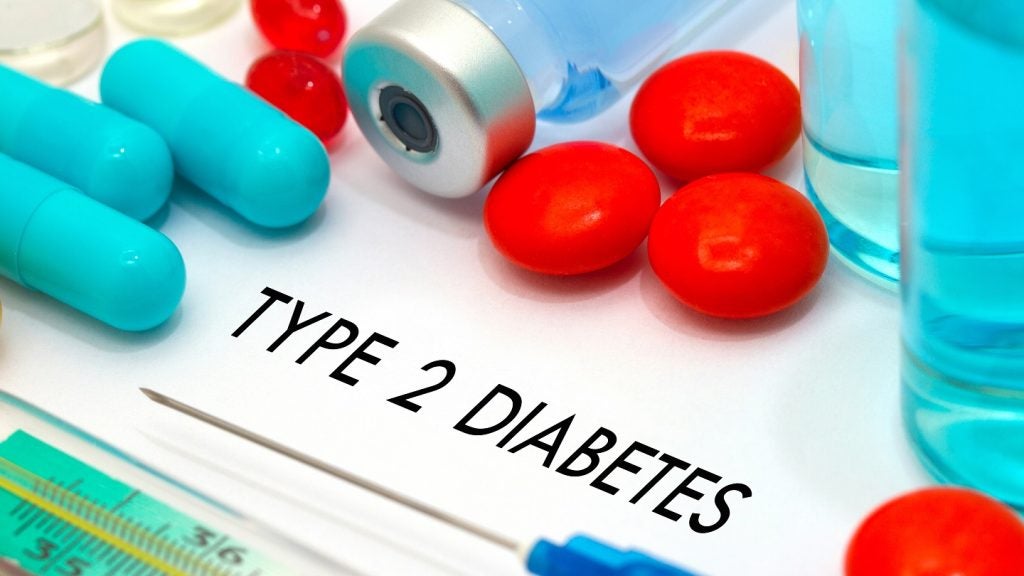TheracosBio has reported data from a Phase III study that evaluated Brenzavvy (bexagliflozin) tablets as an adjunct to metformin in adults with type 2 diabetes (T2D) mellitus.
The placebo-controlled, randomised, double-blind study assessed the effectiveness and safety of the SGLT2 inhibitor Brenzavvy against placebo.
It enrolled 317 adults who received Brenzavvy 20mg orally for 24 weeks as an adjunct to diet and exercise.
The treatment is indicated to improve glycemic control in T2D adults, including those individuals who have chronic kidney disease that progressed to the third stage.
The study demonstrated a decrease in systolic blood pressure and fasting plasma glucose levels along with improvement in glycemic control.
However, the treatment is not recommended for use in improving glycemic control in patients with type 1 diabetes mellitus.
TheracosBio president and CEO Brian Connelly said: “These data strengthen the evidence that Brenzavvy supports improvements in systolic blood pressure, which is beneficial for patients with kidney disease.
“Brenzavvy represents an important addition to the treatment options for type 2 diabetes.”
A separate open-label study examined a group of 34 patients with severe diabetes of HbA1c > 10.5 and ≤ 12.0%.
A significant 1.09% reduction of HbA₁꜀ was observed from baseline with a placebo-adjusted treatment effect of −0.53%. along with a mean change of −2.82% in the open-label group.
Systolic blood pressure levels were reduced by 5.03mm Hg compared to a placebo-adjusted reduction of 7.07mm Hg.
Some of the most common side effects while taking Brenzavvy include female genital mycotic infections, changes in urination and urinary tract infections.














